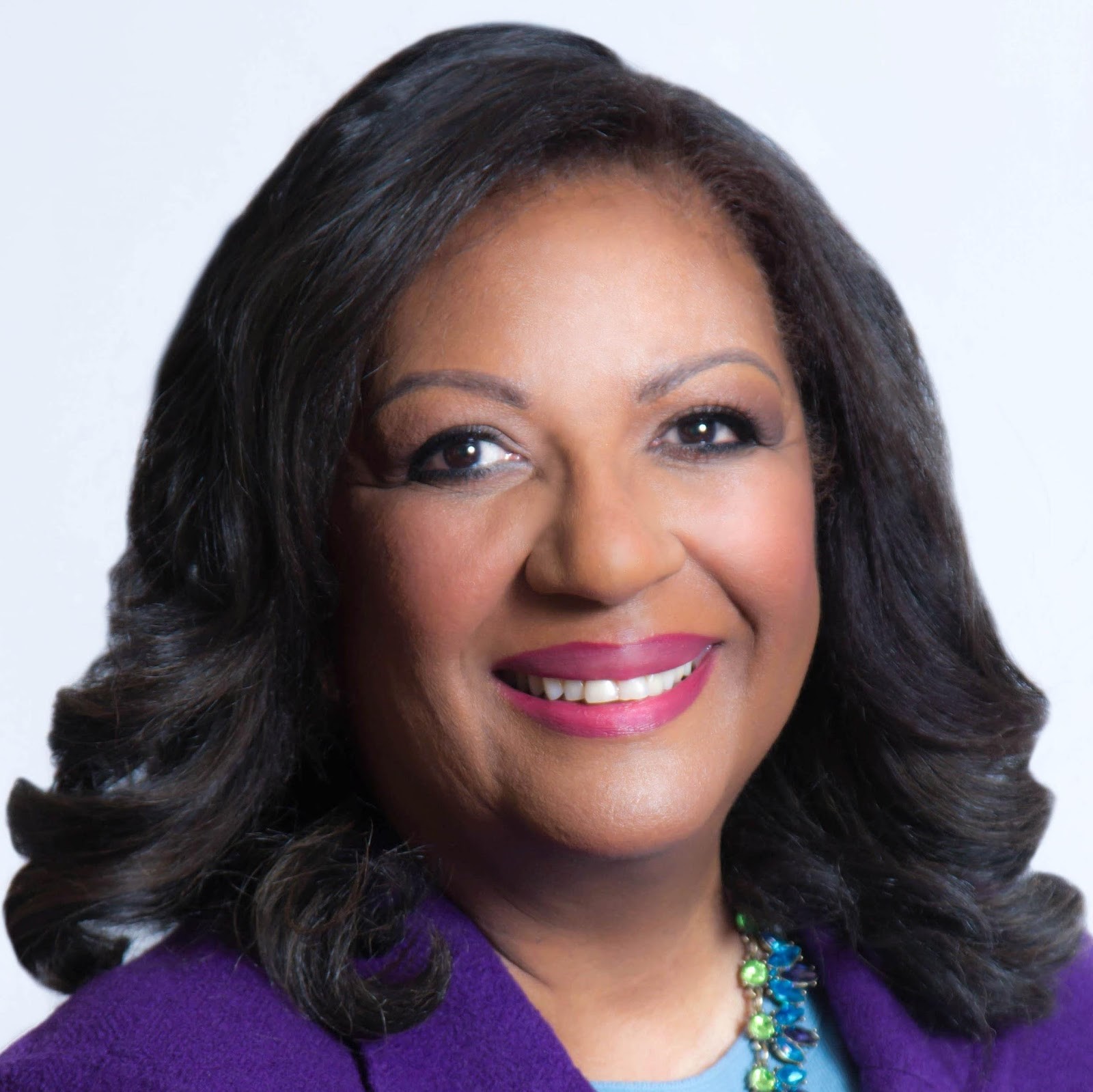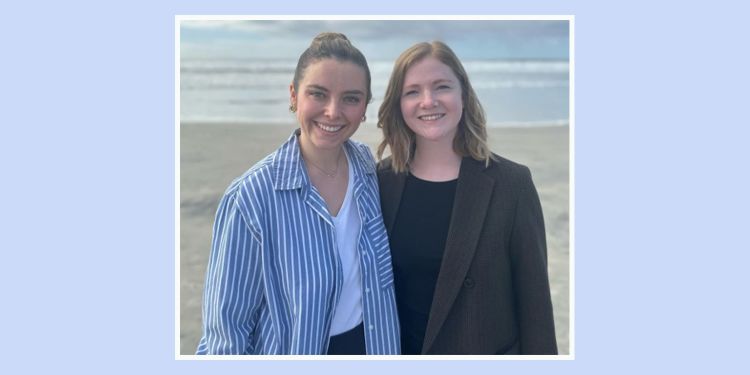Cover image features Leni Peterson Redondo (HBS MS/MBA 2023), Founder & CEO, and Taryn Stamper (MBA 2023), High Touch Advisor, of Celeste.
BEI is delighted to bring you this mini-series on HBS alumni tackling problems related to water and climate change. Emotional and visible connection to a topic is key to driving action. There seem to be few issues and topics that conjure up greater personal connection and emotion – to family, to place, or to community – than water. We hope these stories showcase a range of ways in which some alumni have connected their bond with water to action in the business world. Thank you for reading, and please share your stories with us at bei@hbs.edu! – Lynn Schenk, BEI Director
Climate Stories: Water Series - Episode #17: Leni Peterson Redondo (HBS MS/MBA 2023), Founder & CEO of Celeste
“I feel so grateful that I’ve found an issue that is worthwhile, no matter how many hours a day it takes. There is no better way to use my education.” – Leni Peterson Redondo
The PBS headline is shocking. “Mexico City is running out of water.” The crisis is expected to hit this June and numerous reports blame “geography, growth and leaky infrastructure all compounded by the effects of climate change.”
This past February, NPR offered additional explanations for Mexico City’s water crisis: “The reservoirs that supply around 20% of water to the city's 22 million residents are drying up. They are less than half-full due to abnormally low rainfall in recent years, which means the next few months will be critical until Mexico City's rainy season begins. That's still three months away.”
The impending water crisis in the city where she grew up motivated Leni Peterson Redondo (HBS MS/MBA 2023) to move home after graduating from HBS with a dual degree.
“I feel the effects of the drought every day,” Leni confirmed. “Many Mexico City neighborhoods are grappling with worsening water shortages, enduring longer periods without access day by day. This feels as if our way of life is at risk.” She continued, “We are facing multiple D-days. As daunting as the water crisis is, there’s no way between now and June that we can solve the issue.”
Perhaps because the threat is so serious, Leni has found that the impending water crisis has made companies more willing to talk to her as she and her HBS classmate, Taryn Stamper (MBA 2023), build the start-up, Celeste, a platform designed to collect and clarify data about clients’ water usage in their supply chains. “This is the moment to be building a water company,” Leni said in an interview with Climate Stories.
Leni and Taryn named the company after Celeste, from the Latin "caelestis” meaning heavenly, celestial, or sky. “It also means a shade of the color blue and can be easily translated and understood in languages as different as English, Spanish, Greek (Σελέστε/Seleste) and Arabic (سيليست /Seylest)." The universality of the name is important for a company hoping to work in global supply chains, Leni and Taryn believe, adding “Historically, people have prayed for rain from the sky when they have had no access to water and have begun to feel the effects of water scarcity.”
Currently, Celeste is in its pre-seed stage. Leni has found four industry leaders in the water space willing to provide product advice. Among them is Coca Cola FEMSA, the largest Coca Cola bottling company in Mexico and Latin America. They have been bootstrapping the company’s development, leveraging company excitement to gain design input.
“Water can translate to a series of risks, operational risk being one of the most pressing, as companies cannot operate without water or raw materials that require water to be produced.” Leni explained, “Water is key to growing agricultural raw materials, as well as in mining, manufacturing, and even technology. For example, Google’s data servers use 450,000 gallons of water per day, equal to the water used by 100,000 homes. 90 percent of water use happens in a company’s supply chain. Understanding suppliers’ water risk and footprint is critical to giving companies confidence both in their surety of supply and their own ability to deliver for customers.”
Taryn added, “Through trust and data transparency, companies can collaborate with their suppliers to come up with a collective strategy to mitigate the various facets of water risk. Water issues are felt at the watershed level. It is a collective action problem. This is the core of Celeste. We are a gathering place for key people across the supply chain to coordinate large scale climate adaptation strategies.”
Leni continued, “Moreover, water is a critical resource that companies share with neighboring communities and ecosystems. If companies wish to maintain positive, long lasting relationships with these stakeholders, water stewardship is key.”
It is a difficult and lonely road,” Leni confessed. “Many people have said that I should work on energy or emissions, more traditional sustainability topics, rather than water. However, I believe that it’s important to help companies build water security, to work on products that produce ‘climate adaptation’ and not just ‘climate mitigation.’ Helping to reduce water usage, we can help ecosystems; we can help communities lessen the impact of the water crisis.”
Leni’s said her “north star” has always been starting a company that would have a sustainable or social enterprise focus. As an undergrad at Stanford, she studied mechanical engineering with a focus on human-centric design. She applied to Harvard Business School because she knew she needed an MS/MBA to gain technical abilities, along with strategy and management skills, to create a human-centric product that was based in a profound need.
“Water has been a through-line in my life.” Growing up in Mexico City, Leni said she has experienced flooding, water scarcity and has seen the city sinking because of the overuse of groundwater. Citing data collected and reported by the Carbon Disclosure Project, global companies with high water usage include “agriculture, manufacturing, oil & gas, electric utilities, coal, textiles, and metals & mining.” The global water crisis is putting some $392 billion in assets at risk, the report said. And that’s just from companies reporting on their risk. “Many institutions are still unaware of the problem, with one-third reporting not to be assessing the exposure of their activities to water issues,” Taryn noted.
That’s where Leni believes Celeste can play a role. She and Taryn have conducted more than 80 interviews with potential customers in Mexico and the United States. “Because many companies are decoupling their supply chains from China post-Covid and moving them to North America in the phenomenon known as ‘nearshoring,’ Leni observed, “banks and investors have become interested in the role of key suppliers moving into water scarce regions.” She added, “Climate change has generated extreme weather events, including floods and droughts, which are further aggravated by changing water patterns due to deforestation and urbanization. Water is the messenger of climate change. It is one of the ways we directly feel the effects of a warming planet. As they say, “If climate change is a shark, water is its teeth.’”
Leni also sees access to water as a gender issue. “Gathering water or waiting for water trucks is typically a woman’s job in many parts of the world, particularly in Latin America. It impacts not only her economic opportunities when she spends time getting enough water for a family, but also her hygiene and health.”
Leni believes that her biggest obstacle is “time.” People need to begin collecting data on suppliers’ water risk and usage immediately. “Data is the secret sauce of our product. Without data, there is no ability to aggregate information or map out where and how water is impacting a company’s supply chain.”
Leni and Taryn see multiple entrepreneurial opportunities in the water space, among them: “assessing water risks and water quality, nature-based solutions to water quality issues, desalination, capturing rainwater and that’s just the tip of the iceberg.” “This is so exciting,” Leni said. “People need these products and services today. I wake up everyday and know that what I am doing is important.”
About the Author

Jacqueline Adams (MBA 1978) has spent her career as a journalist, author, and convener. She and Bonita C. Stewart (MBA 1983) are co-authors of “A Blessing: Women of Color Teaming Up to Lead, Empower and Thrive” as well as a series of groundbreaking proprietary surveys, Women of Color in Business: Cross-Generational Survey©.

